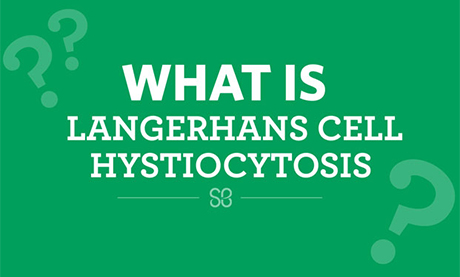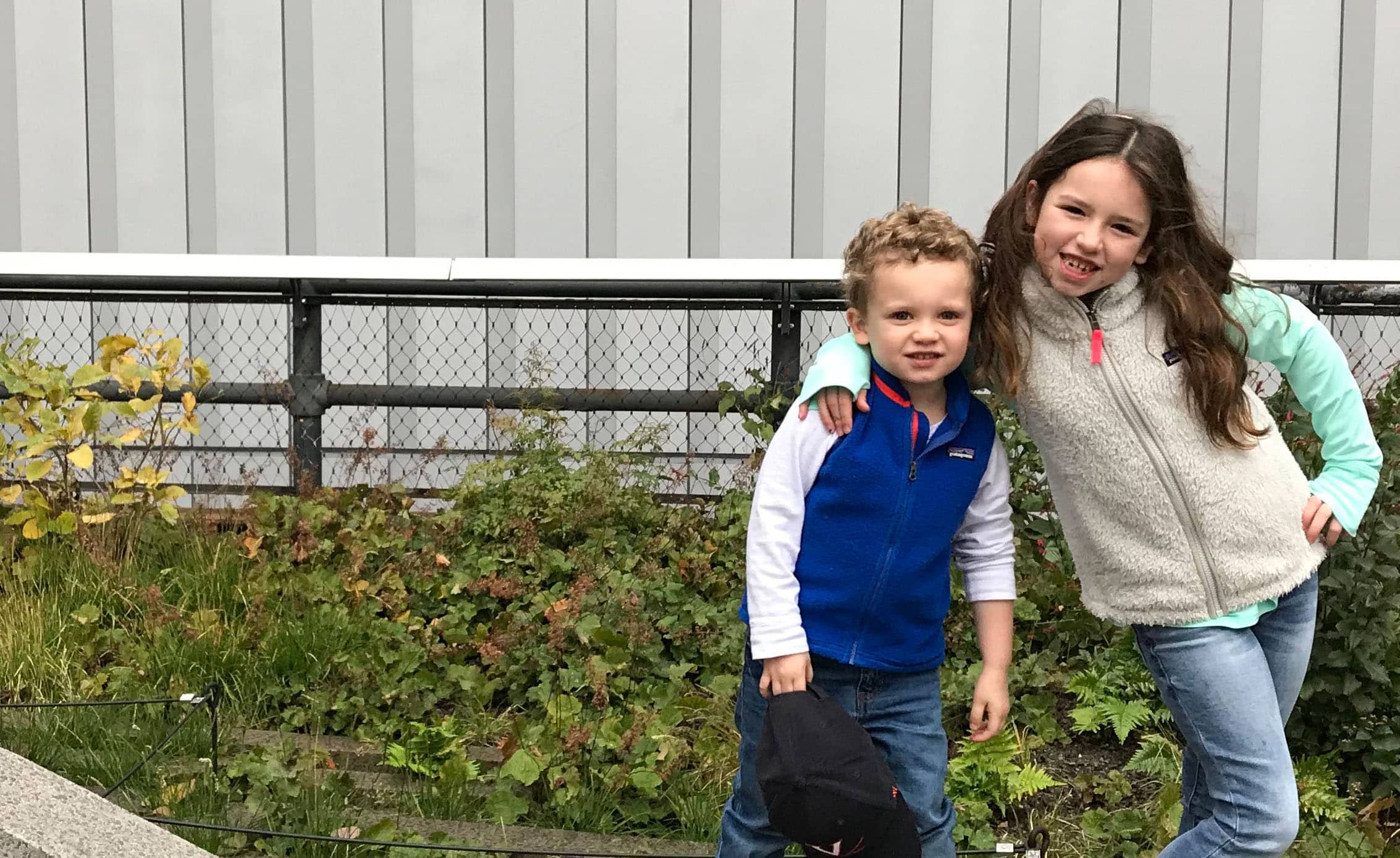

The Story Behind This Hero Fund
Today, Cooper is a strong healthy boy who loves to play baseball, create with Legos and Minecraft, and play piano. His energy is boundless and his curiosity is limitless. He loves music, dancing and making up silly words. From the outside, you would never know he was sick.
But when Cooper was just two and a half years old, he was diagnosed with pituitary stalk Langerhans Cell Histiocytosis (LCH). The diagnosis came a few months after his routine 30-month check-up when his pediatrician picked up on a passing reference that he had been peeing and drinking excess liquids in recent days. A battery of tests and a hospital stay resulted in a diagnosis of idiopathic central diabetes insipidus (DI). A few months later after further research and doctor’s visits an MRI lead us to an LCH diagnosis in the fall of 2016. We started treatment immediately in a bid to prevent any further complications from the cancerous growth.
Cooper bravely endured a year of chemotherapy, and today the LCH has no longer appears active. However, Cooper will always have DI. We hope this is the only permanent effect that Cooper has to deal with, but the threat of relapse and the loss of other pituitary hormones and/or neurodegeneration is a very real concern. Unfortunately, there is very little information on the neurological complications of LCH.
The two major obstacles to unlocking this mystery are that LCH is very rare and the study of late effects requires long-term patient follow-up. In the United States alone, only ~1200 new cases are reported each year (including adults). To overcome these obstacles, the LCH research community desperately needs resources to support long-term collaboration.
It is our hope that Cooper’s Pediatric LCH Research Fund can help:
Fuel the development and maintenance of durable investigator/patient networks that are required to study this small population over long periods of time
Support both translational and clinical research to discover and/or evaluate new treatments, diagnostics, or tools to prevent or treat the neurologic late effects of LCH
This research is critical to securing a healthy future for our boy and other children around the world like him. We hope you will join us in this important cause!
Highlights & Happenings
-
 Dr. Carlos Rodriguez-Galindo is a St. Baldrick’s researcher at St. Jude Children’s Research Hospital. He explains what Langerhans cell histiocytosis is, how it’s diagnosed and treated, and how research is helping kids and adults with this disease. Check out the blog here.
Dr. Carlos Rodriguez-Galindo is a St. Baldrick’s researcher at St. Jude Children’s Research Hospital. He explains what Langerhans cell histiocytosis is, how it’s diagnosed and treated, and how research is helping kids and adults with this disease. Check out the blog here. -
 What You Should KnowChildhood cancer affects thousands of kids and families around the world every year. This infographic shows a few realities you should know.
What You Should KnowChildhood cancer affects thousands of kids and families around the world every year. This infographic shows a few realities you should know. -
 Your Support Means So MuchThese friends and family members helped us raise funds for childhood cancer research in honor of Cooper! See the 2018-2024 list.
Your Support Means So MuchThese friends and family members helped us raise funds for childhood cancer research in honor of Cooper! See the 2018-2024 list.
Photo Gallery
Funding in Action
Donations given to Cooper's Pediatric LCH Research Fund go directly to the St. Baldrick’s Foundation to fund lifesaving childhood cancer research around the world. The Foundation is guided by a Scientific Advisory Committee, comprised of leading experts in the childhood cancer community, to ensure that every dollar makes the greatest impact for kids with cancer.
Who's Involved
These people make us smile - they’re the doers and money-raisers on behalf of the Cooper's Pediatric LCH Research Fund. They’re shaving their heads, hosting events, starting fundraisers and more to make childhood cancer research possible.
Get Involved Your Own Way
-
![]()
Create An Event
Start your own St. Baldrick’s head-shaving event to support our Hero Fund! A dedicated staff member will guide you every step of the way—and you’ll have fun doing something great for kids with cancer.
-
![]()
Be a Shavee
Register to shave your head and support our Hero Fund at any St. Baldrick’s event worldwide! No event nearby? Go virtual and shave anytime, anywhere.
-
![]()
Start a Fundraiser
Not into head-shaving? No problem! Start a fundraiser for our Hero Fund doing something you love—bike a marathon, host a bake sale, anything goes!
Need help? Email us at Funds@StBaldricks.org




